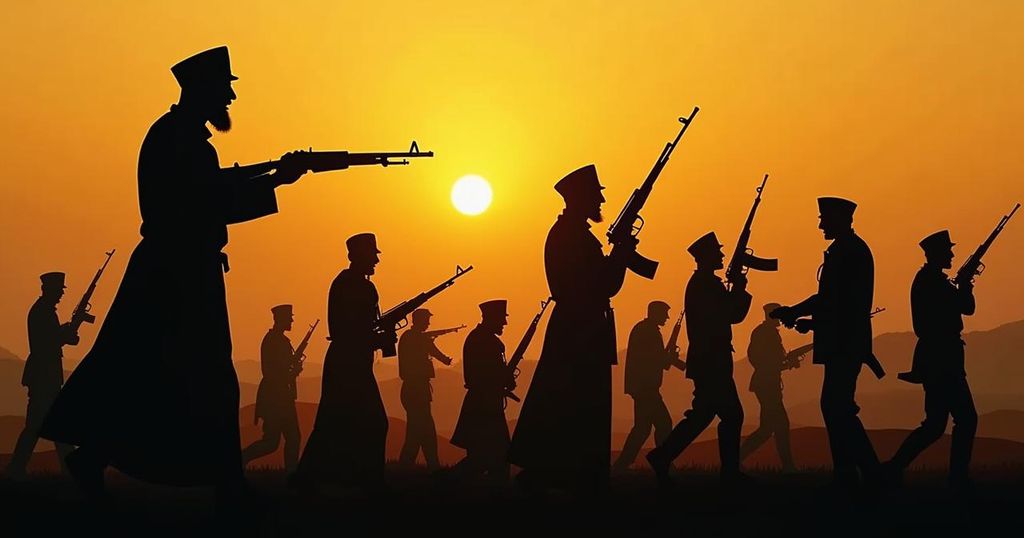Hassan Nasrallah, the leader of Hezbollah, was killed in an Israeli airstrike on Beirut, prompting a range of reactions from global and regional leaders. His death raises concerns about escalating conflicts in the Middle East, with Hezbollah vowing to continue its resistance against Israel. Statements from Israel, Hamas, Iran, and Yemen’s Houthis highlight a unified commitment to confront Israeli actions despite Nasrallah’s death.
The unexpected death of Hassan Nasrallah, the long-standing leader of Hezbollah, in an Israeli airstrike on Beirut has sent shockwaves through Lebanon and the greater Middle East. Officials reported that Nasrallah was confirmed dead as Israel escalated its military actions in the region, leading to escalating tensions and concerns about a potential broader war. The significance of Nasrallah’s death extends beyond his leadership role; he was viewed by many as a pivotal figure in resisting Israeli influence and was associated with Hezbollah’s past military successes, notably during the 2006 conflict with Israel. Hezbollah confirmed Nasrallah’s death in a statement that referred to him as a martyr and vowed to persist with their resistance efforts against Israel in support of Palestine. The Lebanese populace remains divided regarding Hezbollah’s influence on national politics, with some seeing the group as a protector and others opposing its sectarian stance. Israel has justified the airstrike as a legitimate military action, contending that Nasrallah was responsible for numerous attacks against Israeli civilians and military personnel. Defense Minister Yoav Gallant conveyed that the conflict is not with the Lebanese people but rather a response to the threats posed by Hezbollah and Nasrallah’s leadership. Reactions from Hamas, Iran, and Yemen’s Houthis reflect a commitment to resistance despite Nasrallah’s death, suggesting a unity among these groups against Israeli actions and reaffirming their intention to continue their endeavors. Notably, Iran’s Supreme Leader Ayatollah Ali Khamenei called for support for Hezbollah following Nasrallah’s passing, framing the struggle as a broader regional conflict against Israel. As this situation unfolds, the ramifications on regional stability and the ongoing conflict dynamics in the Middle East remain unclear, yet numerous voices indicate that Hezbollah’s influence and resolve may persist despite the loss of its leader.
This article discusses the reactions to the death of Hassan Nasrallah, the leader of Hezbollah, who has been a prominent figure in resistance against Israel and a polarizing force in Lebanese society. His death, marked by an Israeli airstrike during ongoing tensions along the Israeli-Lebanese border, comes during a critical time of heightened military activity in the region. The diverse responses from regional powers, militant groups, and analysts reflect the potential implications for future conflicts and the political landscape in Lebanon and beyond.
In conclusion, the death of Hassan Nasrallah marks a significant turning point in the ongoing conflict between Israel and Hezbollah. While his absence is felt profoundly across Lebanon and among Hezbollah’s supporters, the group’s commitment to resistance appears unyielding, as indicated by the reactions from various stakeholders in the region. The unfolding situation necessitates close observation as it could have far-reaching consequences for stability in the Middle East.
Original Source: www.france24.com






